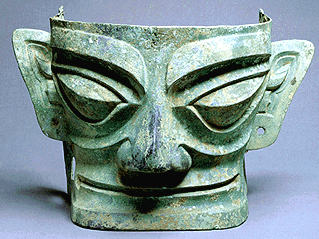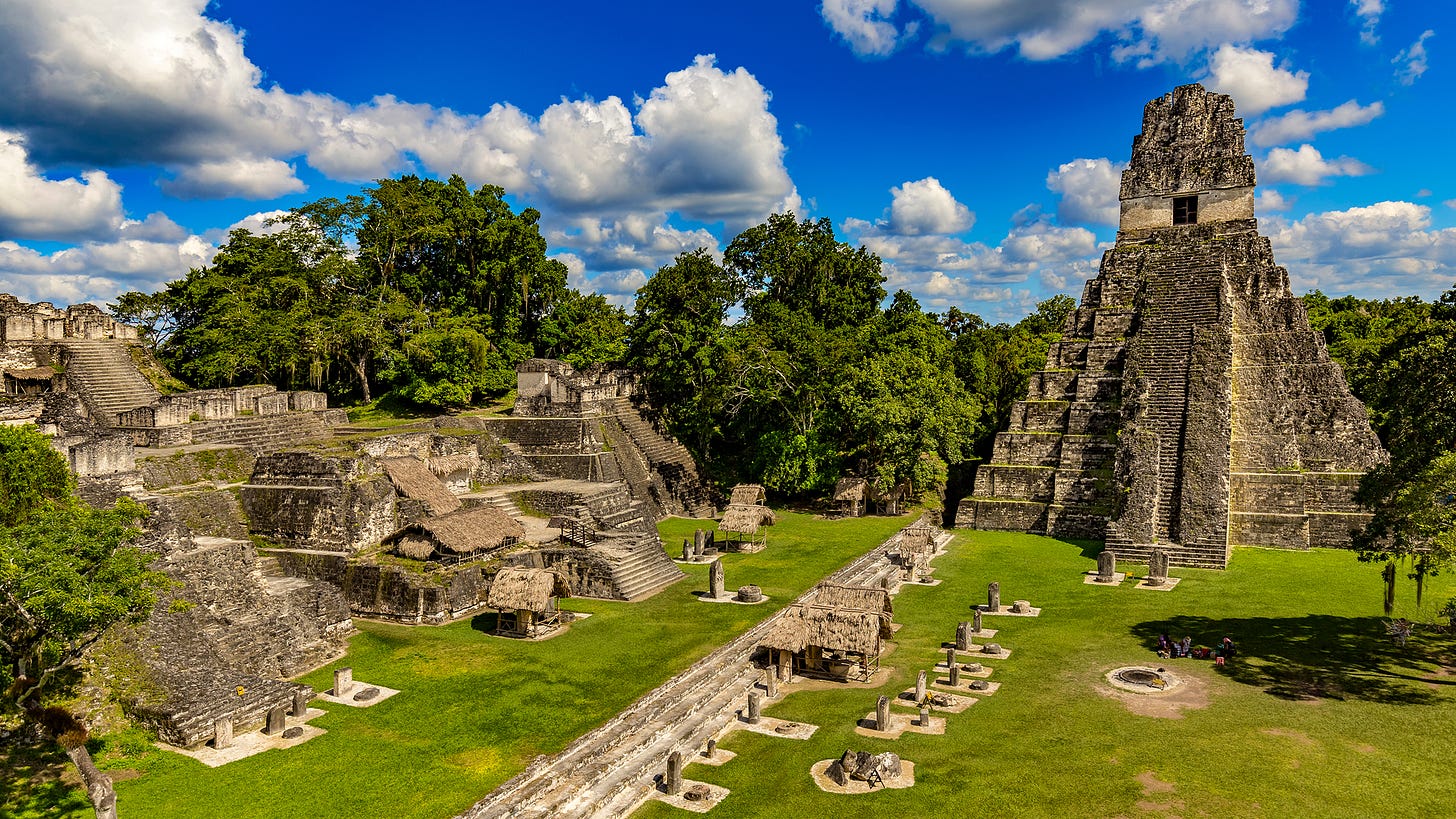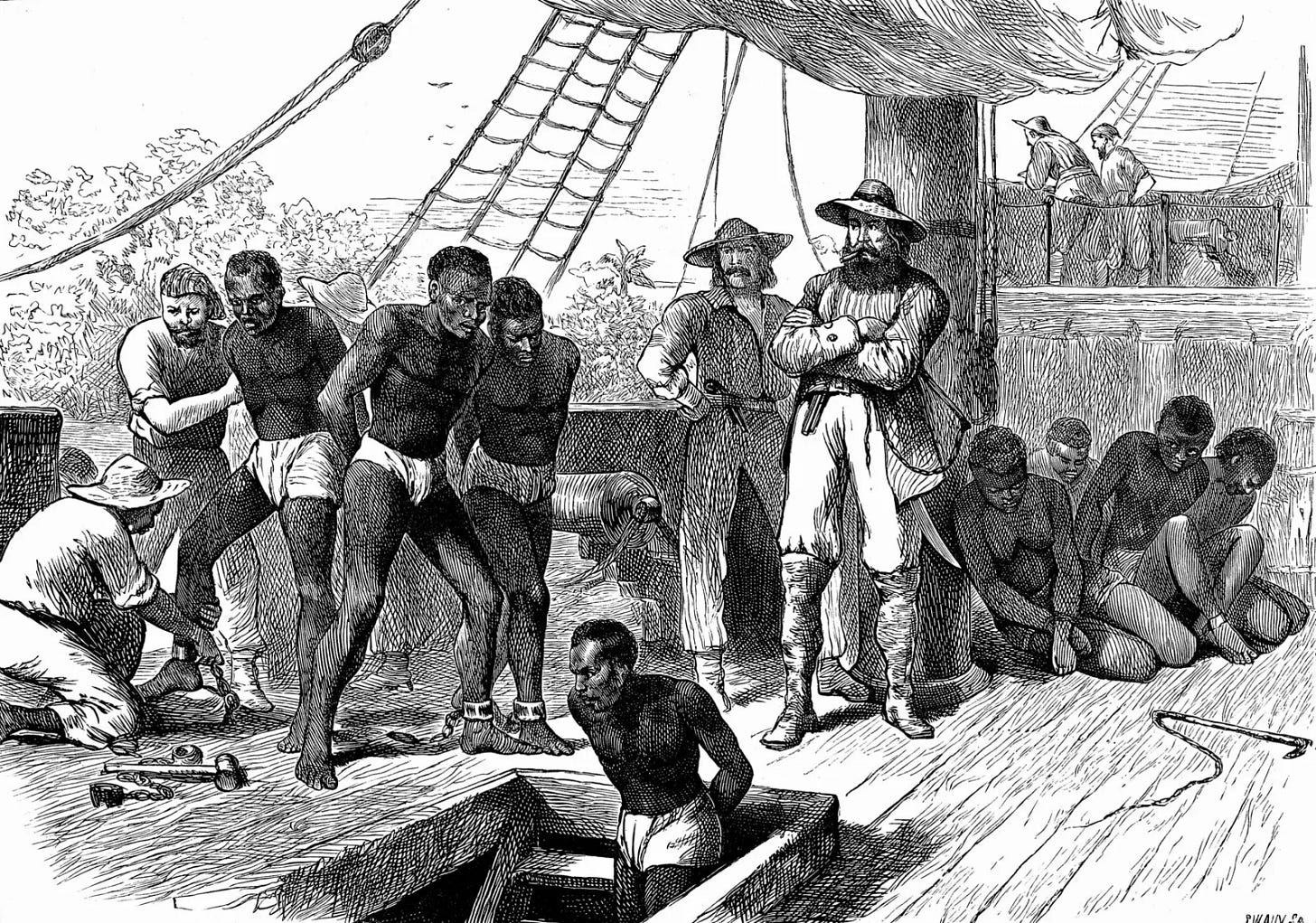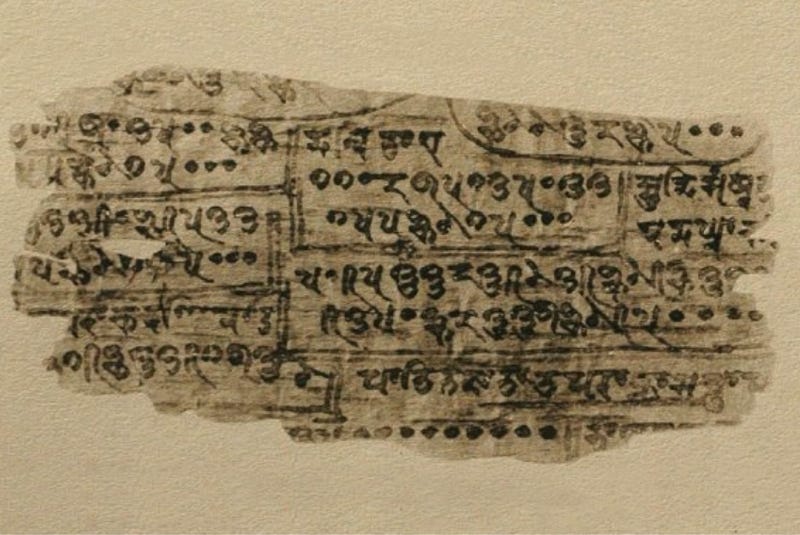The Hidden Script
If you grew up with Western textbooks, you were taught one continuous story:
Civilization began in ancient Greece and Rome, collapsed into darkness, and then Europe “rediscovered” reason through the Renaissance, the Enlightenment, and finally modern democracy.
It’s a simple story. It’s also incomplete.
Because history didn’t begin in the West, and progress never belonged to one part of the world.
Myth 1: Civilization Started in the West
Ancient Greece and Rome left deep marks on philosophy and politics. That part is true.
But calling them the cradle of civilization ignores thousands of years of human development elsewhere.
By the time Athens held its first assembly, Chinese dynasties had already unified large territories and developed bureaucracy and metallurgy.
In the Indus Valley and Mesopotamia, urban planning, drainage systems, and written scripts existed long before classical Greece.
Greece and Rome were not “first.” They were one branch of a much older global tree.
Myth 2: The Renaissance as Europe’s Self-Rebirth
The Renaissance is often portrayed as a spontaneous European miracle.
But most of the classical knowledge that “returned” to Europe did so through the Islamic world.
Between the 8th and 13th centuries, scholars in Baghdad, Damascus, and Córdoba preserved and translated Greek texts into Arabic, added their own mathematics, astronomy, and medicine, and then transmitted those works back into Latin Europe through Spain and Sicily.
Without that bridge, there would have been no “rebirth” to begin with.
Myth 3: Columbus Discovered the New World
In 1492, Christopher Columbus reached the Caribbean.
Western education calls it a discovery.
But the Americas were already home to tens of millions of people, with cities, agriculture, astronomy, and complex governance.
The result of European arrival was not “connection,” but collapse.
Within a century, Indigenous populations in many regions had fallen by more than half because of disease, slavery, and war.
The so-called Age of Discovery was an age of extraction and conquest, later rewritten as heroism.
Myth 4: Colonialism Spread Civilization
Colonial powers justified expansion as “civilizing missions.”
In reality, colonization dismantled societies, seized land, and exploited labor.
The wealth that funded Europe’s industrialization came heavily from colonies, cotton from India, silver from the Americas, sugar from the Caribbean, and profits from the Atlantic slave trade.
Colonialism didn’t export civilization. It exported profit, often by force.
Myth 5: America Saved the World in World War II
World War II textbooks in the West focus on D-Day and the U.S. role in liberating Europe.
That contribution was significant, but it wasn’t the whole story.
The decisive battles against Nazi Germany happened on the Eastern Front, Stalingrad, Kursk, and Operation Bagration, where the Soviet Union absorbed the majority of German military strength and casualties.
In Asia, years of Chinese resistance tied down Japanese forces long before the Pacific island campaigns began.
America’s involvement was crucial, but it wasn’t singular.
The war was global; victory came from a combined, not Western-only, effort.
Myth 6: Science and Modernity Belong to the West
Modern science is often presented as a Western invention.
But core ideas and tools came from everywhere:
• Indian mathematicians developed zero and decimal notation.
• Arab scholars advanced algebra, optics, and medicine.
• Chinese engineers created printing, papermaking, compasses, and gunpowder.
Science is not Western. It’s human, built through exchange, not isolation.
The Real Issue: Who Gets to Tell the Story
Western-centrism isn’t just about the past.
It shapes the present.
















